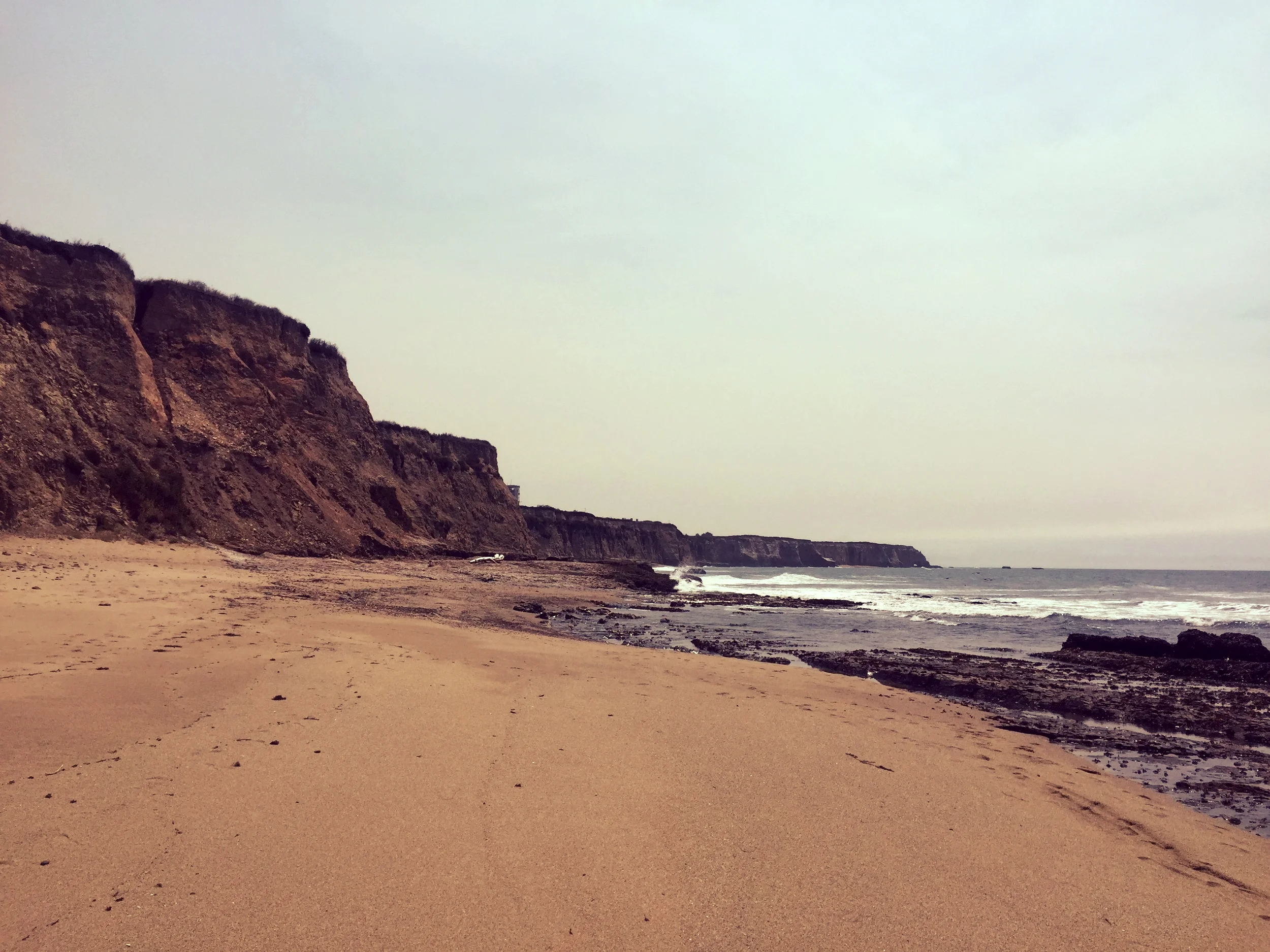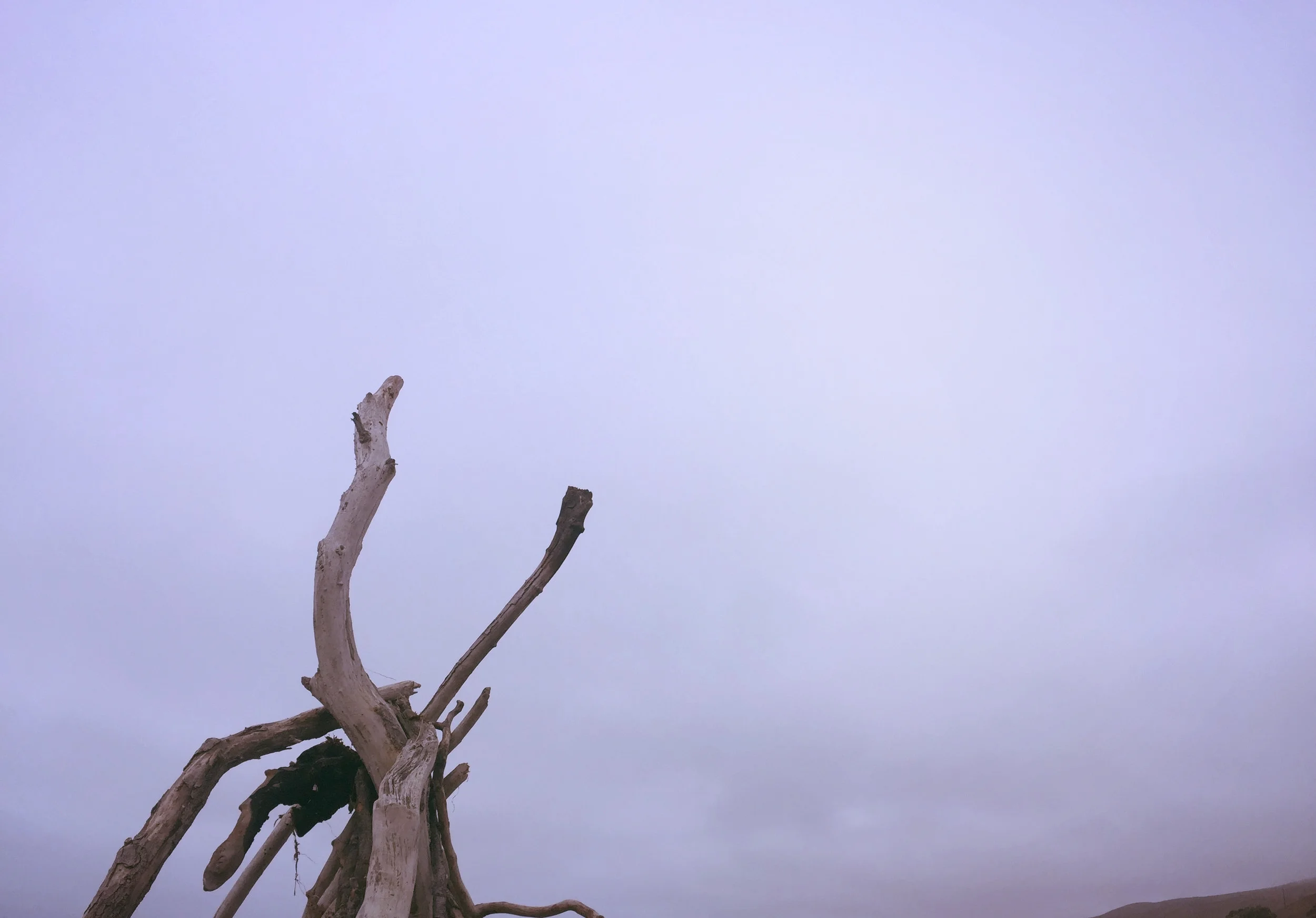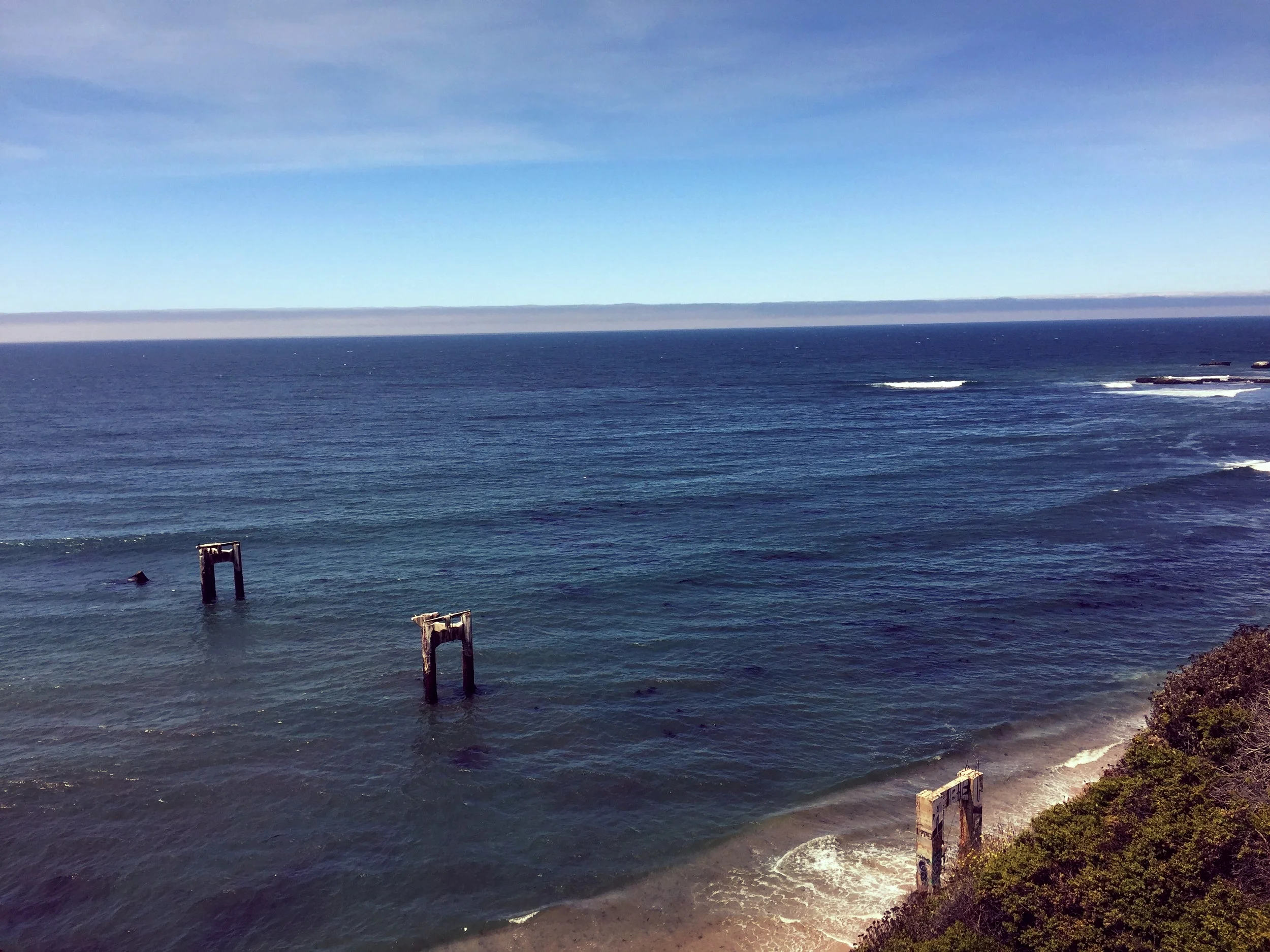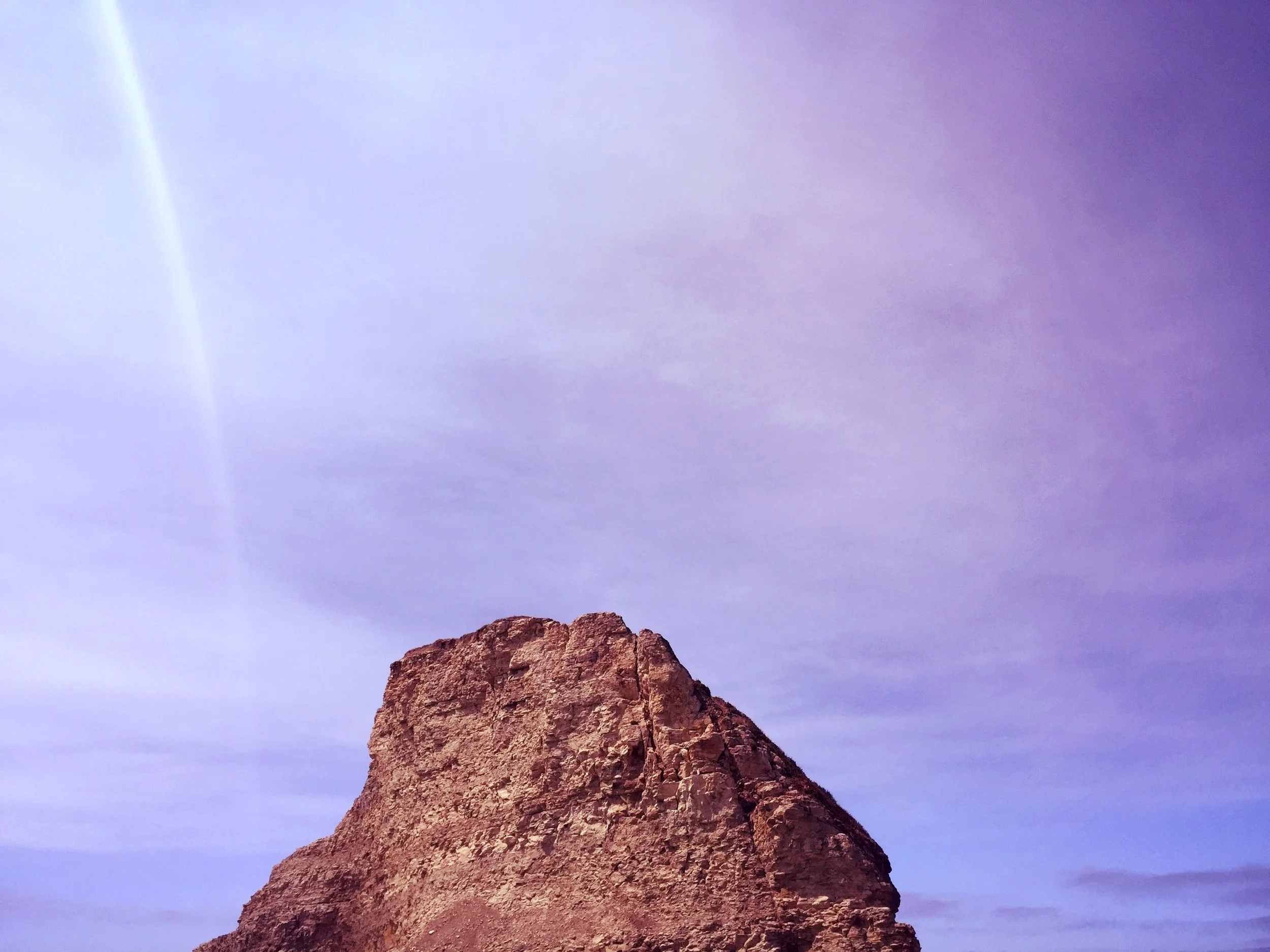“Ace and Awesome”
At one time I would've given almost anything to be a late bloomer and not asexual. I wanted so badly to fit in that I would have given up this beautiful part of me in a second. But the more I've grown into this identity, the more I lean into how much it makes up the core of who I am and the less I want to be allosexual.
When I was younger, being different was a burden. When my friends were exploring their sexuality, I was reading books trying to understand what was happening to them. I made jokes, and made up crushes, and talked about how hot actors were, knowing deep inside that a piece of the puzzle was missing for me. Now that I have the gift of getting older, I've realized that I'm not just a late bloomer. Being asexual informs the way I interact with the world, and how I want the world to interact with me. It's freeing to know that about myself.
It took me years to first, find the term "asexual"; second, to apply that term to myself in an unequivocal way; third, to claim a space in the queer community; and fourth, to finally feel proud of my identity. But there are gatekeepers who would love to strip that pride from me, would love to deny me a place in the queer community. Because of this, where Pride should be about celebrating queer identity among my fellow queer siblings, it subsequently becomes a bit fraught.
This was my first year attending NYC Pride. Until this year, I was content to see pictures of friends and the interesting people they encountered, but this year it felt important for me to go in a way that it never has before. I don't know if it's because of the state of the US, or that I found a community of fellow asexuals on Twitter, or that I'm more in tune with queer issues than ever before, or a combination of it all, but I knew I had to be there.
Leading up to the parade, I spent a week making rainbow flower crowns for my friend and me. I bought a t-shirt that says "Ace and Awesome" with a cute axolotl holding the ace pride flag on it. I spent the week before Pride feeling a mixture of excitement and trepidation.
I'm constantly torn between loving who I am and seeing pushback from those who want to exclude me. Before heading out to Pride, someone on Twitter complained about how aces don't belong at Pride because we're "not queer." It hurt. It made me angry. It made me debate whether or not to stay home because I didn't want to experience that pushback in real life.
I went to Pride anyway, but I found ways to make myself smaller in the process.
The flower crowns were rainbows, not the black, purple, gray, and white that make up the ace flag. I kept my t-shirt covered by a sweatshirt until we got there, and then I spent most of my time pressed against the barriers, hiding it. I bought a rainbow flag while we were there, while my friend proudly flew her ace flag.
In a sea of fellow queer folk, I wanted people to look at me and see how much I belonged there, too, but I was afraid to claim that space.
A woman next to us at the barricade asked my friend about her ace pride flag. I held my breath, wondering if this was going to be the moment when hate was spewed, but the other woman just nodded when my friend explained what it was for. The woman's sunglasses hid what she was thinking, and I wished I could see her eyes. I wanted to see acceptance reflected in them. All I got was a simple nod.
It's hard to have conversations about asexuality in real life, because when people hear "asexual," their minds automatically go to the act of sex. It's hard to get someone to understand the absence of a feeling, especially when that feeling is assumed to be universal. People get defensive, dismissive, un-hearing. It's especially difficult because sex, particularly queer sex, is vilified by society, and when there is someone standing in front of them, challenging the universality of sexual attraction, not everyone wants to listen.
We didn't stay for the entire parade, but during the time we were there, I only saw one ace person marching in a musical group. She had "asexy" written on her arm. I don't know what that word means to her, but to me it's another way for aces to make themselves smaller, to try to fit into a world that prizes sex more than almost anything. I know there are some aces who love applying that term to themselves, but it was a punch in my gut that the only ace person I saw was sporting it.
My friend and I screamed and waved our flags at her as she banged her drum on her way past. She smiled at us, the fatigue of marching evident on her face. I had the strange urge to hug her, to tell her that she's not alone. Then, she was gone.
According to Anthony Bogaert, a psychology professor and researcher at Brock University in Ontario, Canada, an estimated 1% of the world's population is asexual. This seems like both a huge number and also too few to be densely populated in any one area. I'm lucky that I know at least four aces in real life. To have found those four friends, to be able to talk and text and hang out with them, is a real blessing. I don't know that I would have found the courage to attend Pride without them.
Community is incredibly important, especially when you're part of a marginalized group. That's the idealistic side of Pride; it's a vibrant celebration of everything that binds us together despite our differences. We're all part of this beautiful mélange of identities; we should be supporting one another, accepting one another, lifting one another up.
I was almost too afraid to attend Pride, despite desperately wanting to go. My fellow queer friends talked me through the choices, helped me make a decision, and then supported me. The love that surrounds me every day, from friends and from strangers on the internet standing up for and including aces in their discussions, is a gentle reminder that gatekeepers yell louder because they are fewer.
I'm glad I went to Pride this year. I'm glad the experience was such a great one despite being nervous about it. And I look forward to attending again next year.
I've seen the best of what we can be, and it gives me hope.




